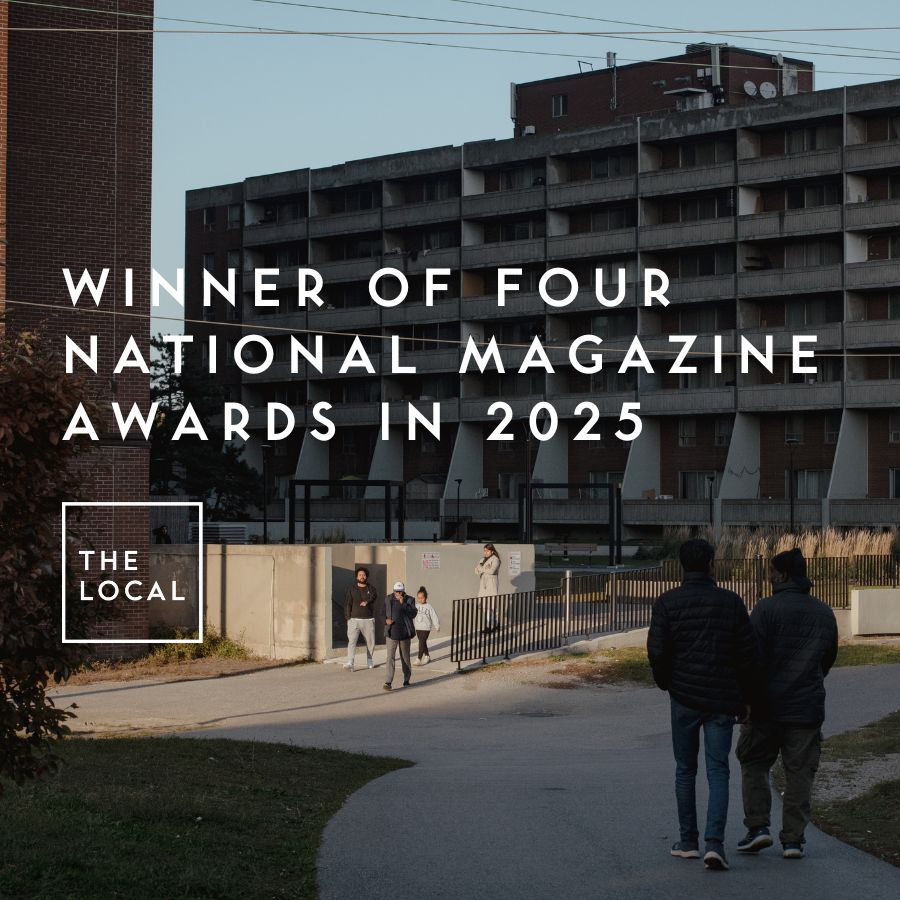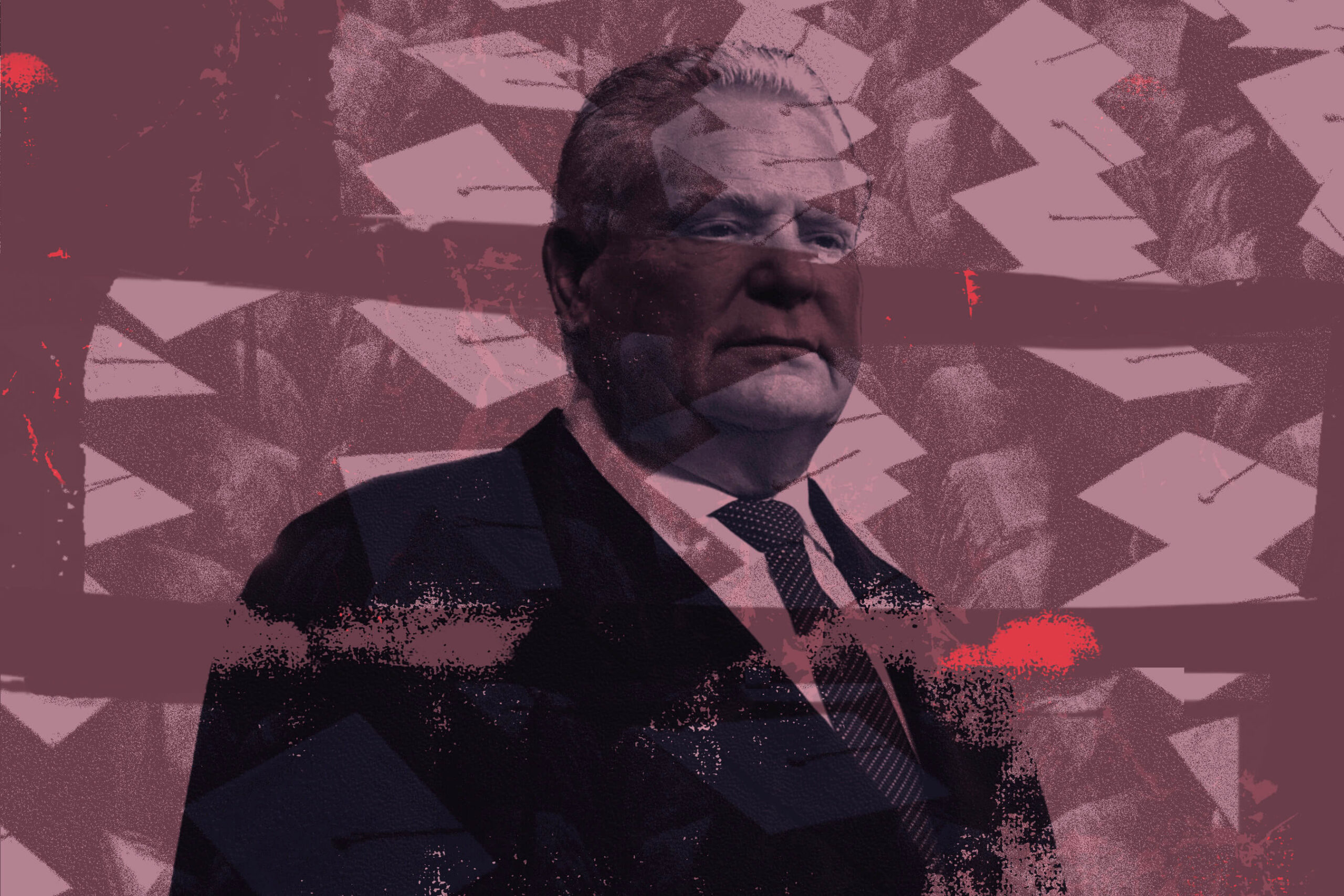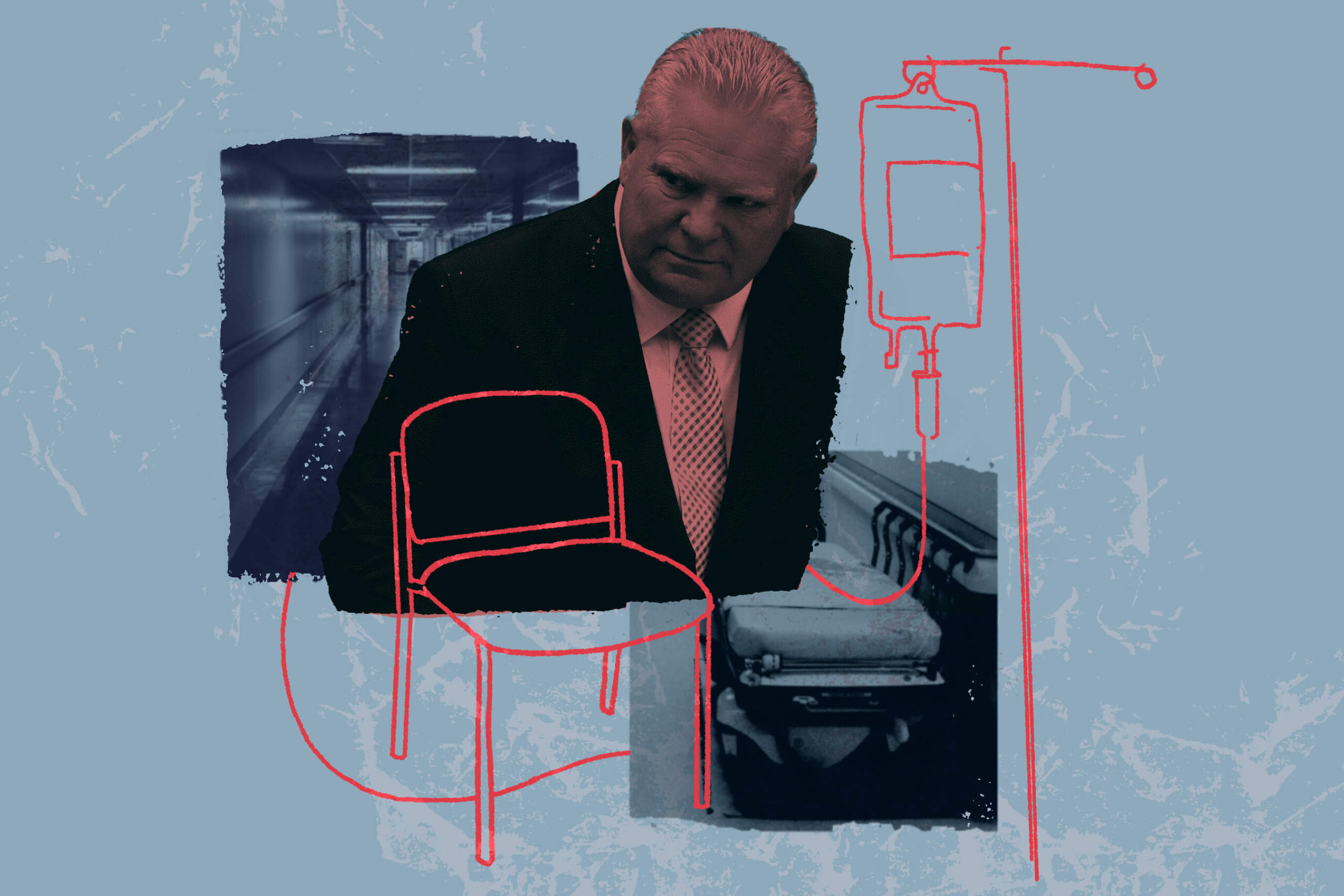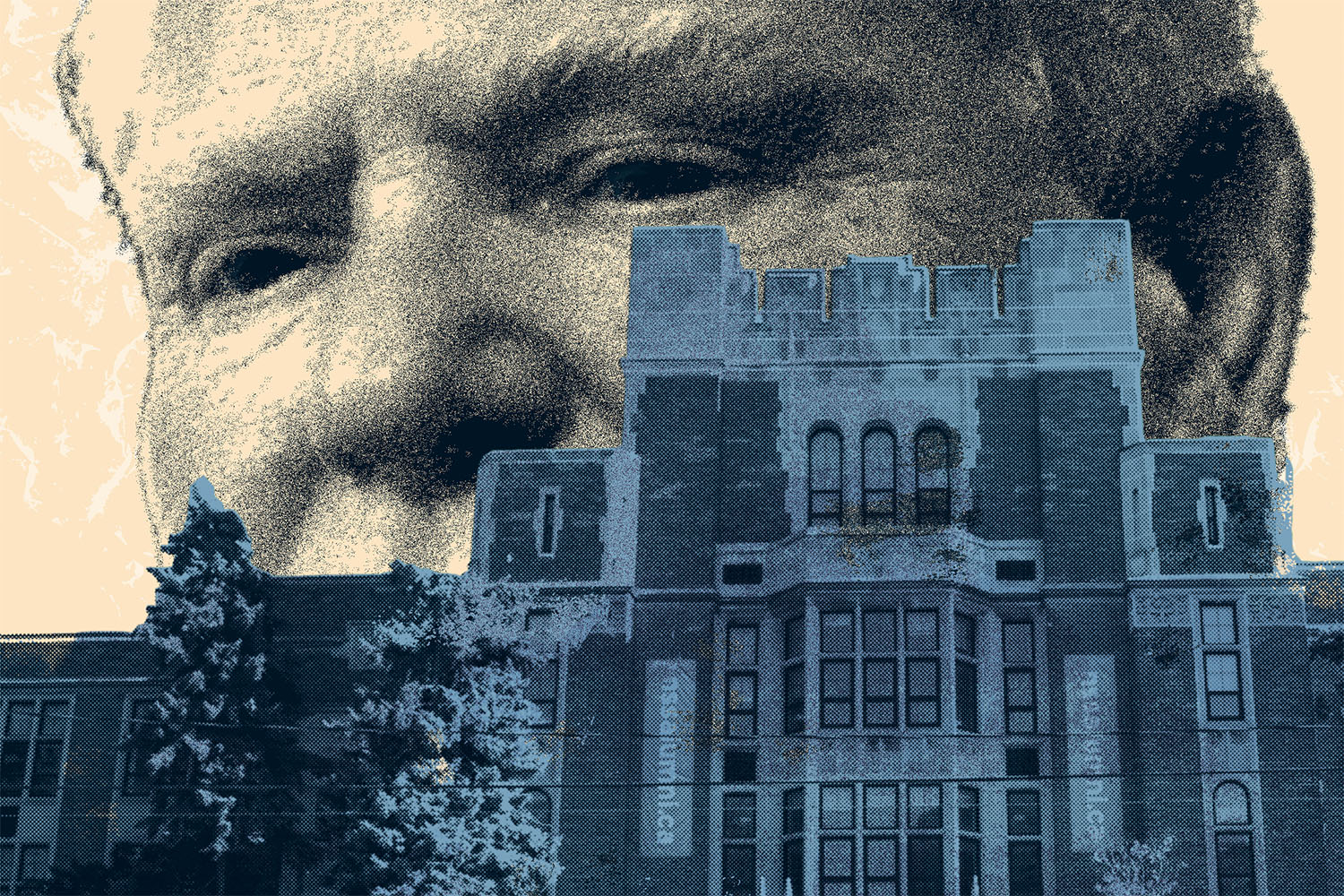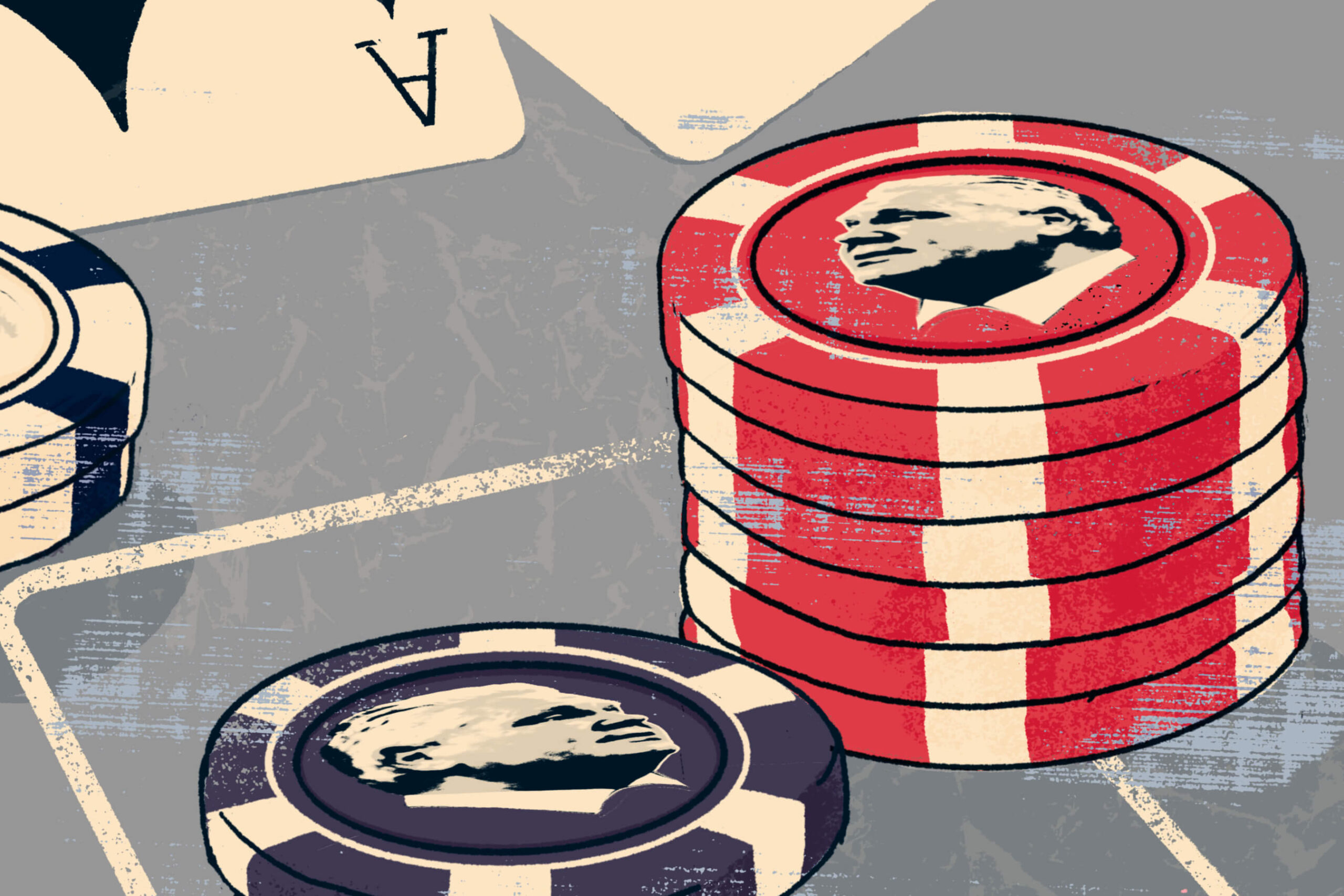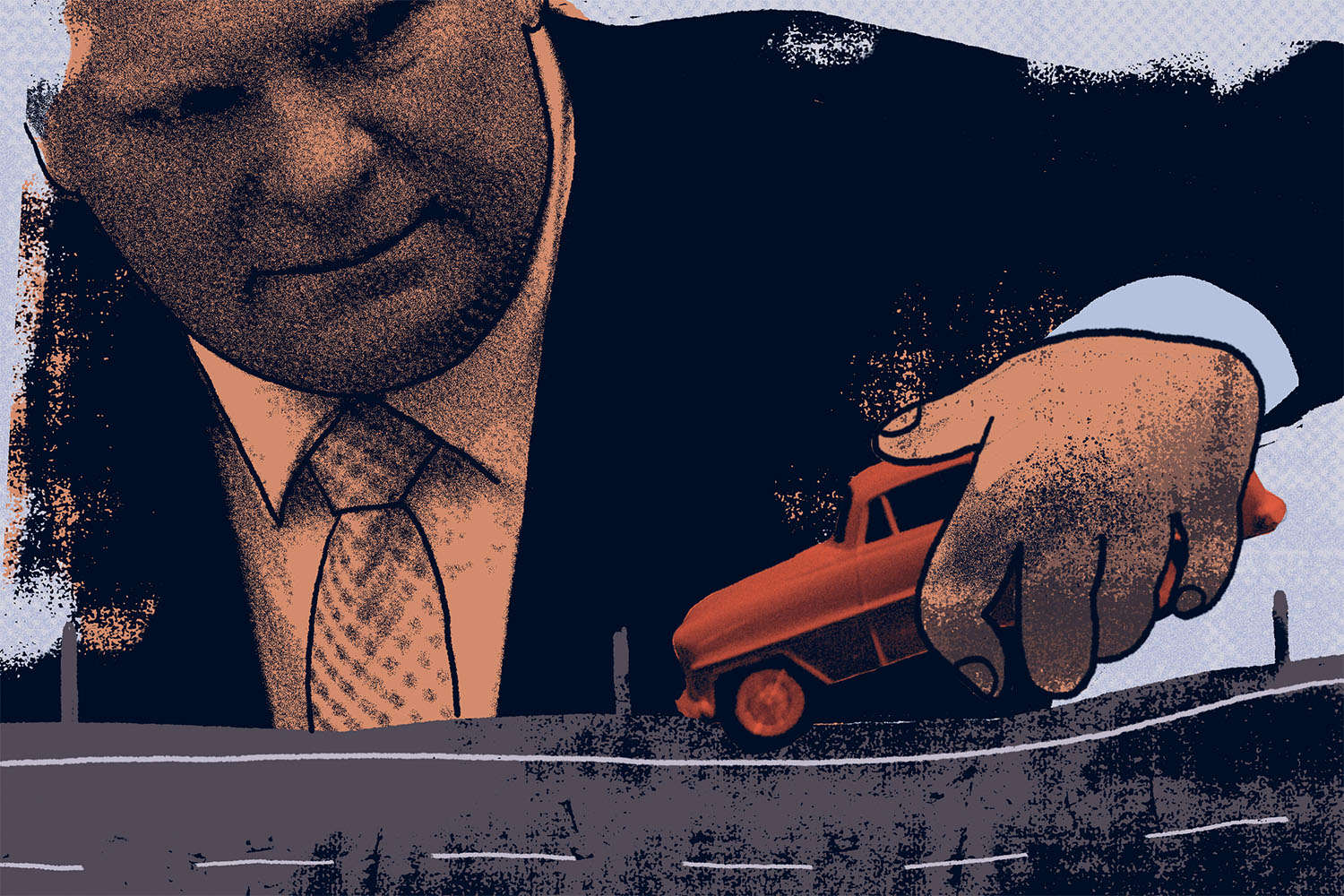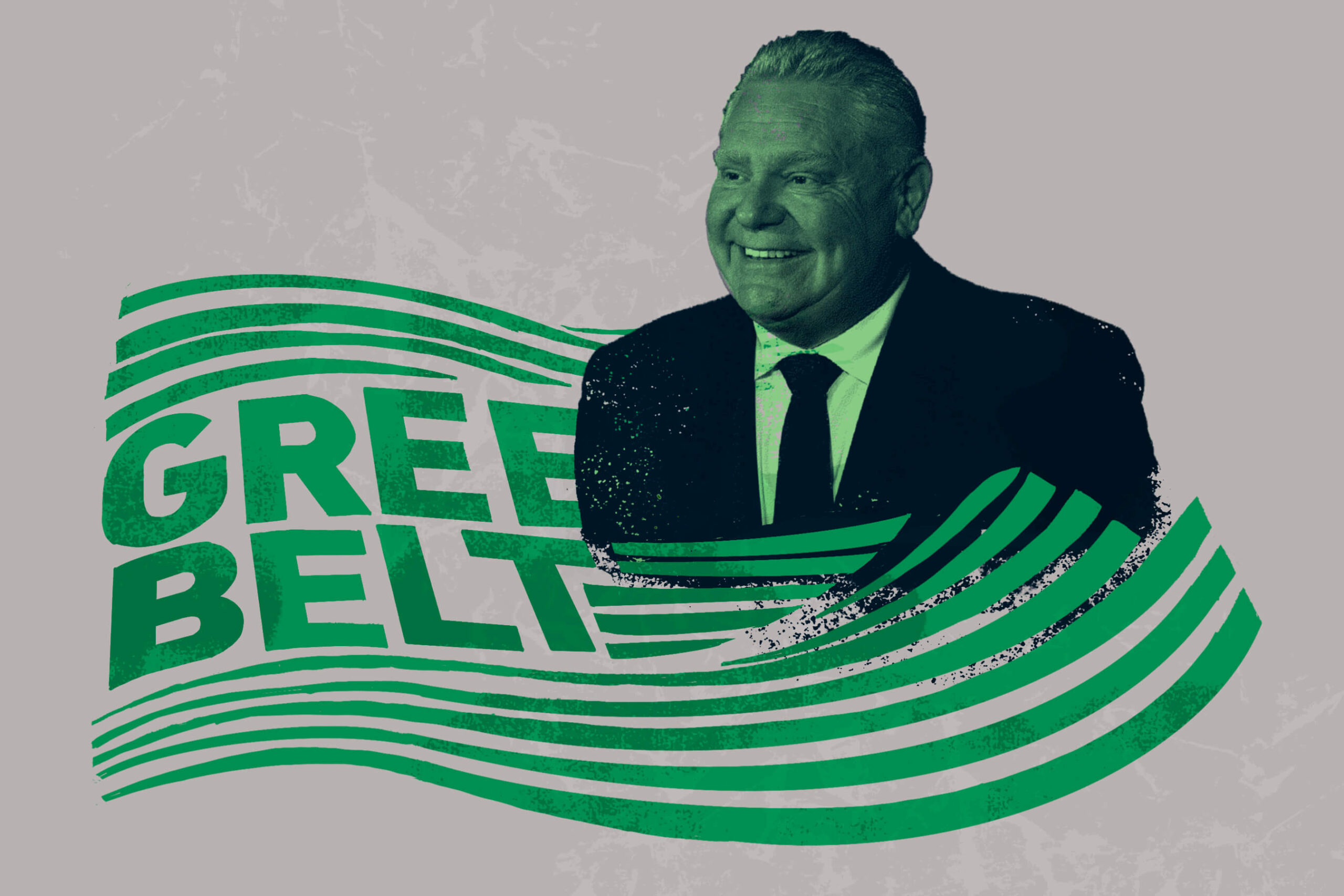
This story is a collaboration between The Local and The Narwhal, a non-profit online publication that tells stories about the natural world in Canada.
The Greenbelt scandal is the elephant in the room of Ontario’s 2025 election, even as Doug Ford’s Progressive Conservatives try to leave it in the rearview.
It’s been more than a year since the RCMP opened an investigation into the boondoggle, which saw the Ford government open sections of environmentally protected land outside Toronto for housing construction in fall 2022. That move came at the request of a select group of well-connected developers who stood to make more than $8 billion from the deal. Though Ford ended up reversing course on the plan the following year, losing two cabinet ministers and two senior political staff in the wake of the scandal, questions remain as long as the police probe continues—and they’re quietly shaping the 2025 campaign.
The potential fallout from the Greenbelt scandal may even be among the reasons Ontario is having an election at all right now, more than a year earlier than its due. Though Ford has claimed he needs a strong mandate from voters to address tariff threats from the United States, he has been hinting at an early election since the fall—months before tariffs were even on the table and around the same time a trickle of news stories showed the Mounties were beginning to close in on members of Ford’s inner circle connected to the Greenbelt affair. Ontario Liberal Leader Bonnie Crombie has since said the election call was an attempt to “cling to power” ahead of whatever moves the RCMP may make.

A fresh round of revelations related to the scandal have even bubbled up in recent weeks. In early February, The Trillium reported that two former Ford government staffers—one a central figure in the Greenbelt changes who resigned amid the fallout, the other an employee of Ford’s re-election campaign—are being sued by a developer alleging they accepted money in exchange for promises to use “backchannel contacts” to rezone land, but did not deliver. Through a lawyer, both defendants have denied the allegations, which have not been proven in court. The Progressive Conservatives have declined to answer questions about the campaign staffer’s alleged involvement in the lawsuit but said Ford was unaware of it, and the province has never considered changes to the properties at issue.
It’s yet another angle to a scandal that has been percolating for three years with no sign of resolution.
Join the thousands of Torontonians who've signed up for our free newsletter and get award-winning local journalism delivered to your inbox.
"*" indicates required fields
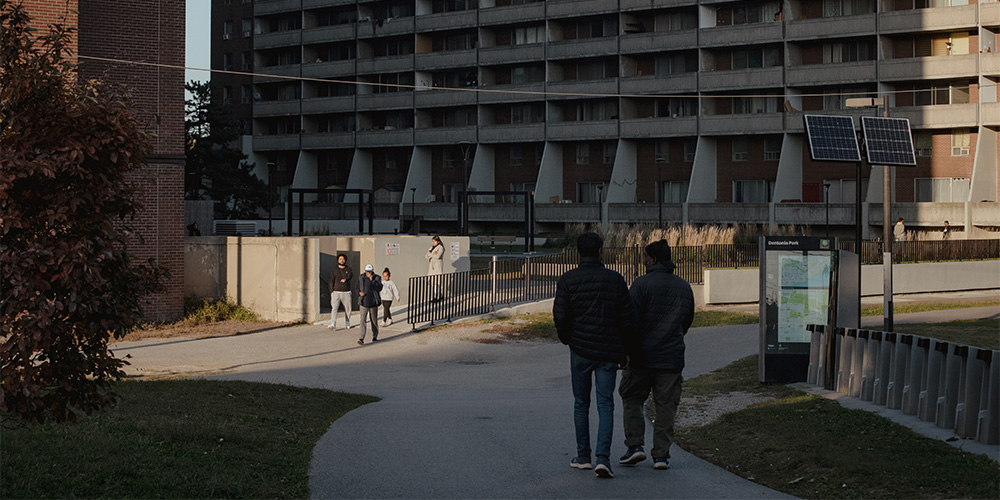
Deleted records, a stag-and-doe, and massages in Las Vegas
Though Ford has apologized for the Greenbelt scandal, the whole affair left enough stink and unanswered questions for his critics to dine on for another four years.
Ford’s complicated relationship with the Greenbelt stretches back two elections: in 2018, when the former Toronto city councillor had just become the leader of Ontario’s Progressive Conservatives, the Ontario Liberals released a video of Ford talking about his plans to cut into the protected area at a closed-door campaign event.
“We will open up the Greenbelt,” Ford says in the video, adding that he got the idea from some of the country’s biggest developers. “Not all of it, but we’re going to open a big chunk of it up and we’re going to start building, and making it more affordable and putting more houses out there.”
The Greenbelt, a stretch of protected land the size of Prince Edward Island that arcs around the Greater Toronto Area, has been a fixture of life around the city and its suburbs since it was created by the Dalton McGuinty government in 2005.
Most development is off-limits in the Greenbelt. McGuinty’s government intended it to protect a slice of rich farmland and green space from rapidly expanding urban sprawl in Toronto’s suburbs. Today, the protected zone encompasses popular hiking trails and farms that feed the region, from Niagara peaches and wine grapes to carrots and onions from the Holland Marsh. Its unpaved land absorbs rainwater and snowmelt that may have otherwise caused floods. It also absorbs about a fifth of the carbon emissions reported annually in the Greater Toronto and Hamilton Area, a University of Toronto study concluded last year.
Even if few Ontarians know the details of the Greenbelt and some developers have opposed it over concerns about how it hampers land values, polling consistently shows the Greenbelt is a popular piece of public policy. So Ford quickly took back his remarks amid furious public backlash and promised he would leave the Greenbelt alone, a pledge that helped carry him to the premier’s office.
Ford didn’t repeat that pledge in the June 2022 provincial election. Behind closed doors and before voters finished casting their ballots, his staff had already started drawing up plans to reconsider opening the Greenbelt for development.
“I think I was pretty clear. I said I was and then I wasn’t and then I went ahead and did it,” Ford said during the debate.
Under examination by both Ontario’s auditor general and integrity commissioner, various government staffers have given different accounts of what that plan was actually supposed to be: some said they thought they’d been ordered to quickly develop and roll out a policy, while others said the government only wanted to examine the possibility. But either way, the chief of staff to then-municipal affairs minister Steve Clark embarked on a process the integrity commissioner later said was “chaotic and almost reckless” as he sought to pick parcels of Greenbelt land to carve out.
More than 90 percent of the land tangled up in the fiasco was at least partially owned by two developers who approached the chief of staff, Ryan Amato, at a development industry gala to ask for Greenbelt carve-outs. And when the staffer didn’t immediately say no, a developer rumour mill started churning and more requests poured in. Amato passed them on to a small group of public servants at the Ministry of Municipal Affairs and Housing who were working under non-disclosure agreements. The auditor general and integrity commissioner’s reports found he altered the criteria for Greenbelt carve-outs and even the boundaries of some proposed sites to allow them to go forward.
7 Years of Doug Ford
Like this story? Don't forget to check out the rest of the issue.
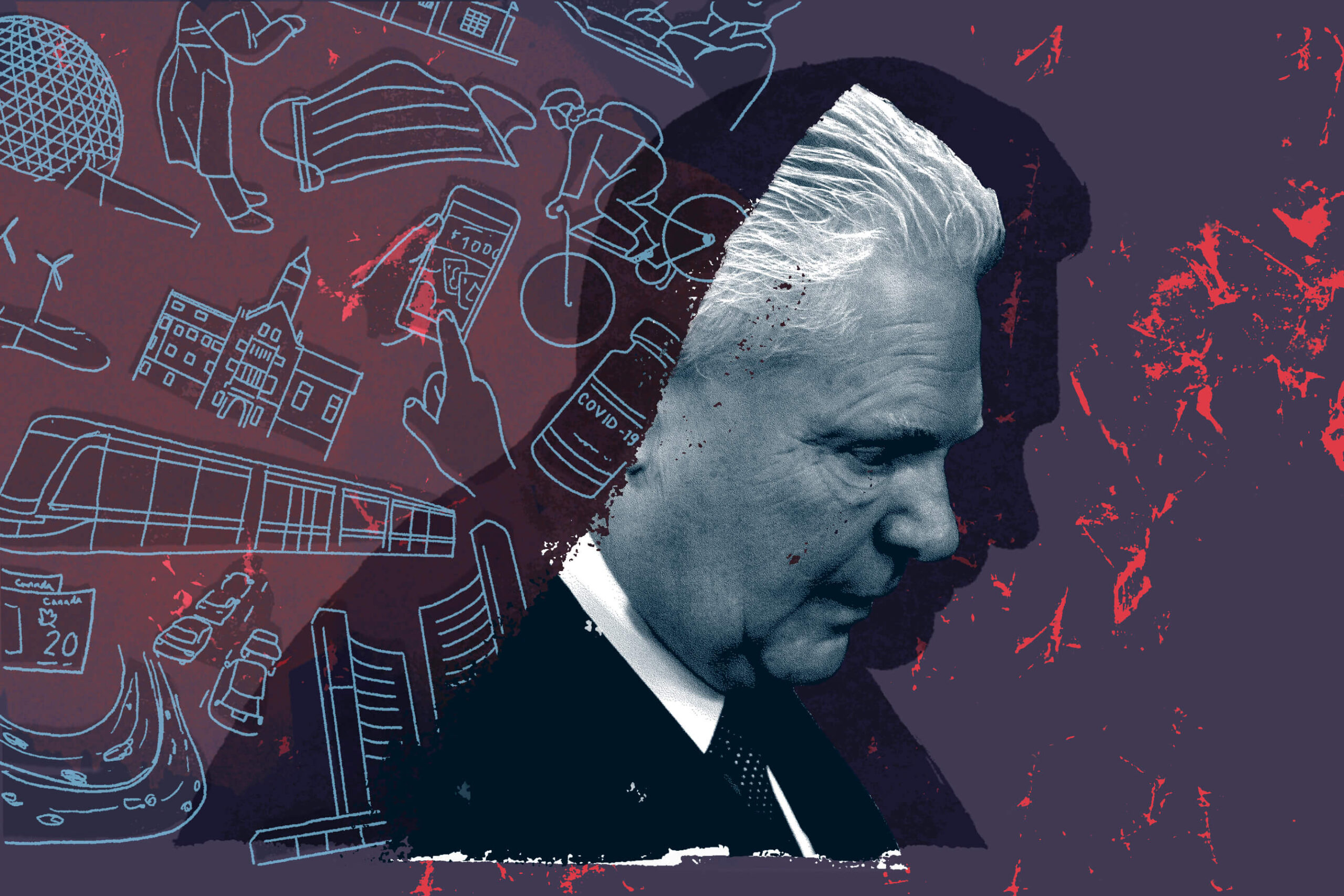
Efforts to dissect exactly what happened during this time have been hampered by problems with the Ford government’s retention of key records. Amato, for example, kept no documentation of pivotal conversations about the Greenbelt, and the Housing Ministry team working on the carve-outs referred to it using code words. Former Ontario auditor general Bonnie Lysyk found political staff routinely deleted emails and used personal accounts for government business.
What’s undisputed, though, is that Clark brought the proposal to the entire Progressive Conservative cabinet, which signed off on the plan. It would open 7,400 acres (3,000 hectares) of Greenbelt land, spread out in 15 snippets of property, for housing construction that Ford argued would help Ontario’s housing crisis.
The move created more than $8 billion of wealth for the landowners, according to an estimate from the auditor general. It also prompted attention from journalists, who soon revealed developers stood to be the main beneficiaries. Ontario’s auditor general and integrity commissioner released twin reports in August 2023 that were chock-full of bombshell revelations. The public was furious, while Ford remained defiant, even as Amato and Clark resigned from their roles. (Clark has remained an MPP in the Progressive Conservative caucus, and was named government house leader last June.)
But there were also spinoff scandals. One revolved around a pre-wedding stag-and-doe party for one of Ford’s daughters in the months before the Greenbelt changes—developers were invited, and attendees were encouraged to give cash gifts to the happy couple in addition to the $150 ticket price. Another involved a Las Vegas trip involving key Tory figures and a would-be Greenbelt developer that happened in 2020. There were also allegations about an alleged unregistered lobbyist dubbed Mr. X who had close ties to the Ministry of Municipal Affairs and Housing.
Finally, in September 2023—as new salacious details mounted about a Tory MPP getting a massage at the same time as a would-be Greenbelt developer during that Las Vegas trip, prompting more resignations in the Progressive Conservative government—Ford took it all back and apologized.
“I made a promise to you that I wouldn’t touch the Greenbelt. I broke that promise, and for that I am very, very sorry,” Ford said.
Local Journalism Matters.
We're able to produce impactful, award-winning journalism thanks to the generous support of readers. By supporting The Local, you're contributing to a new kind of journalism—in-depth, non-profit, from corners of Toronto too often overlooked.
SupportThe Greenbelt was never a solution to the housing crisis
Ford has maintained that he didn’t know what was going on at the Ministry of Municipal Affairs and Housing, and had no idea how the parcels of land carved out of the Greenbelt were chosen. He’s also said he and his party want to put the axed plan to build on the protected area behind them.
“I think I was pretty clear. I said I was and then I wasn’t and then I went ahead and did it,” Ford said during a debate on February 17, before taking aim at his opponents. “But in saying that, I apologized to the people. Unlike any of you, when you do something wrong, you don’t apologize. I apologized to the people, we’re moving forward, we’re building homes.”
Still, he and his government have never really answered for some parts of the scandal, like campaigning for re-election in 2022 without mentioning a major shift in policy was already underway.
That’s a point the opposition leaders have landed over and over again during the 2025 campaign. “He says one thing to the public, if he does dare show up to a scrum, and another behind closed doors,” Ontario NDP Leader Marit Stiles said of Ford after a debate on February 17, referring to the Greenbelt scandal. Ford didn’t show up to that scrum to face questions from reporters.
Another obvious critique: though Ford has maintained his only goal with the Greenbelt cuts was to build homes, Ontario’s housing crisis is now worse than ever. Even if his plan had worked, it likely wouldn’t have helped. At best, the Greenbelt carve-outs were set to allow the construction of 50,000 homes—a drop in the bucket of the 1.5 million homes the provincial government has said it needs. And the government didn’t even assess whether the properties were well-suited for development. Many weren’t yet hooked up to municipal services like water and electricity and the majority of one particular property near Hamilton would have been undevelopable due to its proximity to an airport.
After years of fighting and unfavourable trends in the housing market, Ontario is now building fewer homes than it was in 1955.
“The only homes that Doug Ford seems to want to build are mansions in the Greenbelt, benefitting wealthy land speculators and putting the profits of those speculators over the affordability needs of first-time home buyers,” Ontario Green Party Leader Mike Schreiner told supporters recently.
It’s exactly the type of critique that will continue to dog Ford’s Progressive Conservatives even through their likely re-election—until the RCMP investigation proves otherwise.
—
For more stories about the Greenbelt scandal, head over to The Narwhal.
